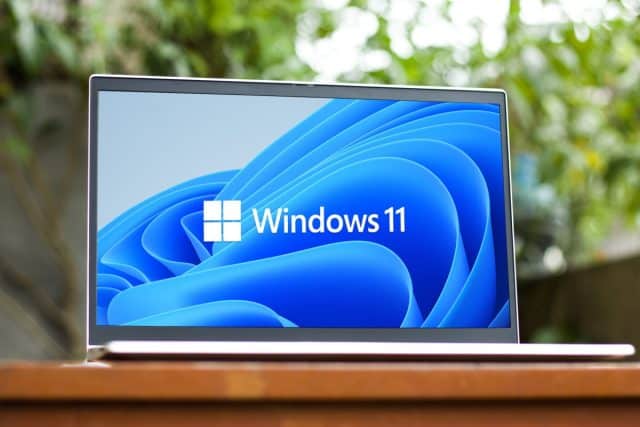
It is that time of the month again — the time that Microsoft releases updates for Windows 11. This time around, the company has released the KB5016629 update to not only fix a problem that prevented the Start menu from opening, but also to address various security issues.
This is a cumulative update which also includes the changes that were part of the KB5015882 update that was made available last month. This means that the KB5016629 update fixes problems with File Explorer as well as introducing new Focus Assist features and better Windows 11 updating.
See also:
The changelog for the KB5016629 update is very short, limited to pointing out the fact that it addresses security issue and fixes a Start menu problem.
Going into a little detail about the Start menu fix, Microsoft says that the update:
Addresses a known issue that might prevent some of you from opening the Start menu. On the affected devices, clicking or tapping the Start button or using the Windows keyboard shortcut might have no effect.
After installing the KB5016629 update, Windows 11 is taken up to build 22000.856. Microsoft also points out that there is an update to the Windows 11 servicing stack, which is now at 22000.826.
The changelog for the KB5015882 update, which also forms part of the KB5016629 update, reads as follows:
- New! Provides the ability for you to consent to receive important notifications when focus assist is on.
- New! Provides the option for eligible devices to update to a newer Windows 11 version during the out-of-box experience (OOBE) when you first sign in. If you choose to update to a newer version, the update process will begin shortly after the update is installed on the device.
- New! Restores functionality for Windows Autopilot deployment scenarios that are affected by the security mitigation for hardware reuse. This update removes the one-time use restriction for self-deploying mode (SDM) and pre-provisioning (PP). This update also re-enables any User Principal Name (UPN) display in user-driven mode (UDM) deployments for approved manufacturers.
- Addresses an issue in UIAutomation() that causes an application to stop working.
- Addresses an issue that prevents the Startup Task API from working as expected for certain apps.
- Improves the reliability of a push-button reset after an OS upgrade.
- Addresses an issue that makes the tenant restrictions event logging channel inaccessible if you remove the EN-US language pack.
- Addresses an issue that causes certificate-based machine account authentication to fail in some circumstances after you install the May 10, 2022 security updates on domain controllers.
- Addresses an issue that affects the Arm64EC code you build using the Windows 11 software development kit (SDK).
- Updates the Remove-Item cmdlet to properly interact with Microsoft OneDrive folders.
- Addresses an issue that prevents certain troubleshooting tools from opening.
- Addresses an issue that causes port mapping conflicts for containers.
- Addresses an issue that causes Code Integrity to continue trusting a file after the file has been modified.
- Addresses an issue that might cause Windows to stop working when you enable Windows Defender Application Control with the Intelligent Security Graph feature turned on.
- Deploys search highlights to devices. To access the policy for search highlights (on a device that has installed the June 2022 Cumulative Update Preview or July 2022 monthly quality update), go to C:\Windows\PolicyDefinitions and locate Search.admx. For your convenience, we will be publishing an updated version of the Administrative Templates (.admx) for Windows 11, version 21H2 to the Microsoft Download Center soon.
- Addresses an issue that causes explorer.exe to stop working when you use the play and pause keyboard buttons on certain devices.
- Addresses an issue that causes explorer.exe to stop working when you use the Start menu’s context menu (Win+X) and an external monitor is connected to your device.
- Addresses an issue that displays a blank window that you cannot close when you hover over the search icon on the taskbar.
- Reduces the overhead of resource contention in high input/output operations per second (IOPS) scenarios that have many threads contending on a single file.
- Addresses an issue that causes the Windows profile service to fail sporadically. The failure might occur when signing in. The error message is, “gpsvc service failed to sign in. Access denied”.
- Addresses an issue that causes index rebuilding to be slow. This helps devices that have local search issues, including searching for recent emails in Outlook.
The KB5016629 update is available to download via Windows Update, or from the Microsoft Update Catalog.
Image credit: Wirestock / depositphotos




















